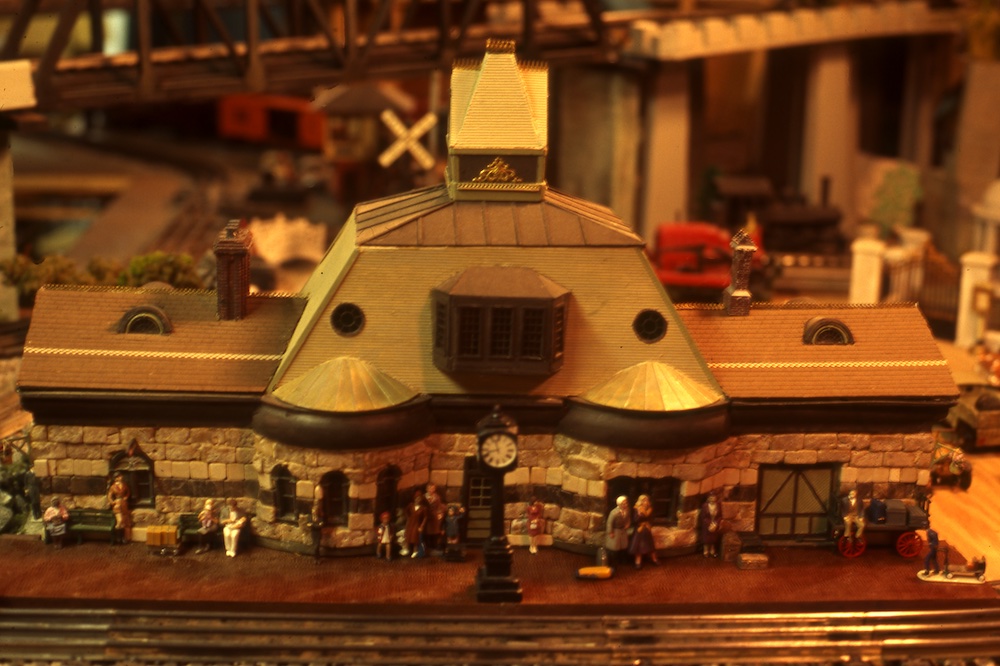
Stone has long been used as a building material in the full-size world. Cut stone can be long lasting as the Greeks and Romans showed us centuries ago. A more recent pair of examples are the stone railroad arch bridges from my home in Melrose, Mass., built in 1848 and the Canton Viaduct, which has […]
Read More…
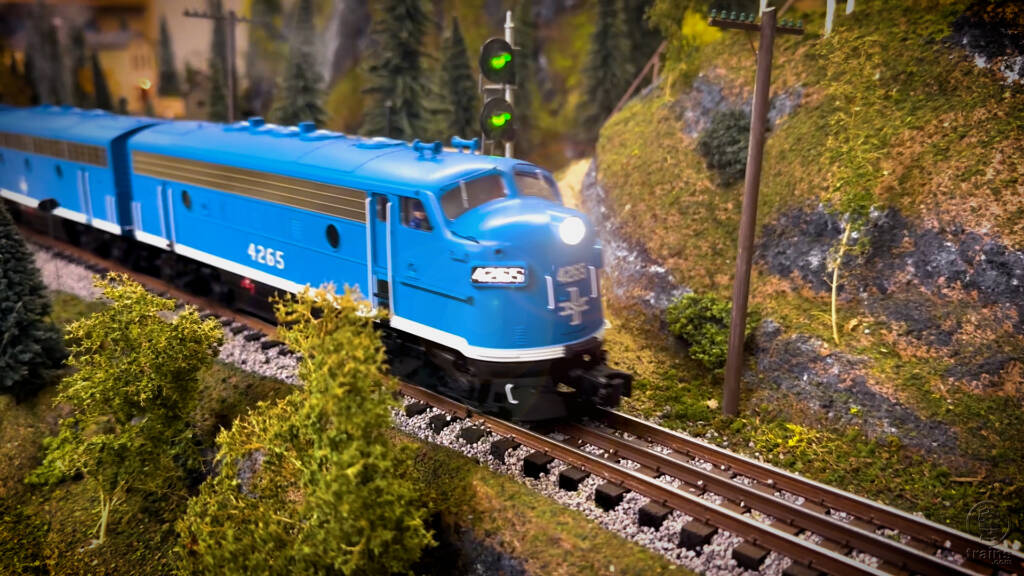
Brian and Riley Inch built a 10 x 16 layout using GarGraves track with Ross Custom Switches with Tortoise machines. This small layout features a marina, a small town, and a farm scene. Does the name Brian Inch sound familiar? He owns Model Rail Scenes custom layout services. Read more about this layout in […]
Read More…
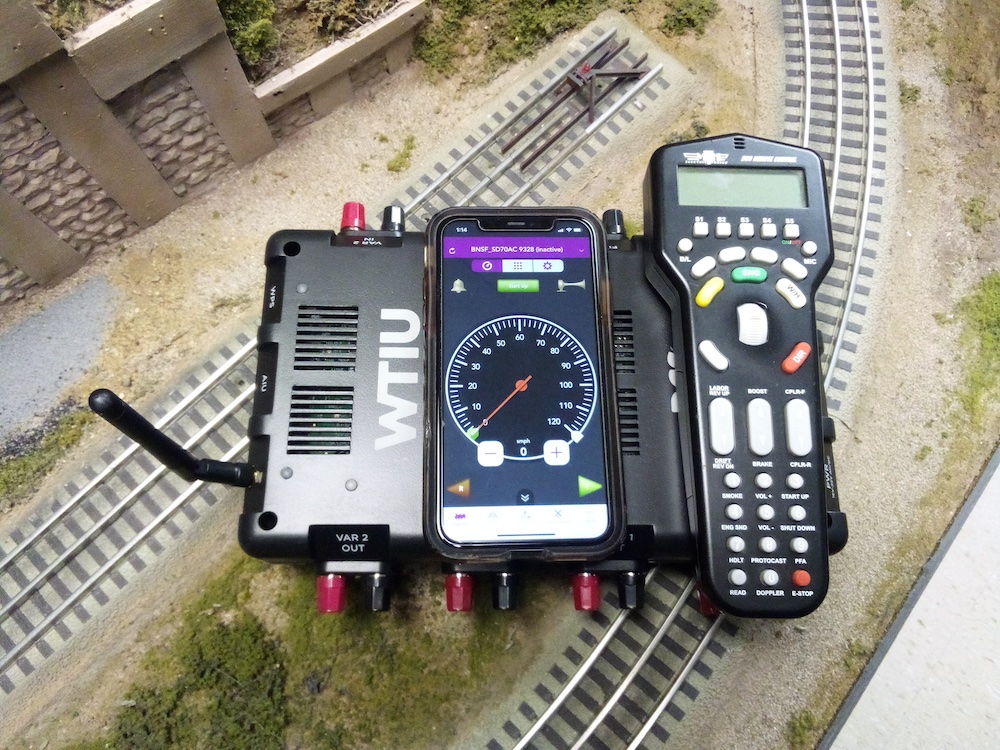
As I previously stated in the unboxing video with Classic Toy Trains Editor Rene Schweitzer, there’s going to be plenty to unpack on MTH’s DCS Wi-Fi Track Interface Unit (WTIU). One such curiosity for myself and many others regarding this latest edition to the Digital Command System family is “the remote of your choosing.” Which […]
Read More…
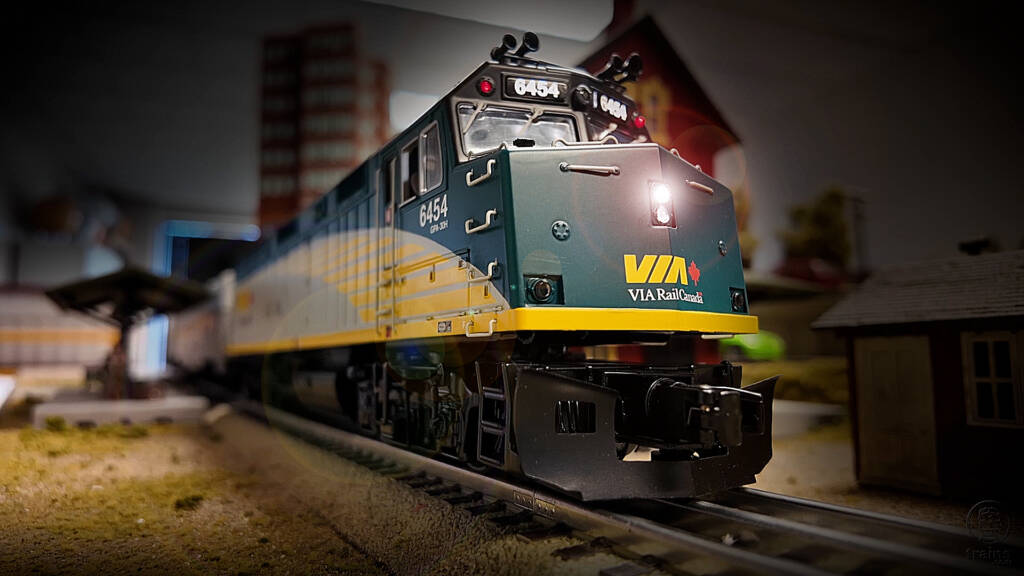
Watch a video of the Atlas O Premier custom-run VIA Rail F40PH-2 locomotive, as offered by Mr. Muffin’s Trains. This locomotive packs in a lot of detail and features like Proto-Sound 3.0 and O-36 operation. Read the product review of this engine from Contributing Editor Bob Keller. […]
Read More…
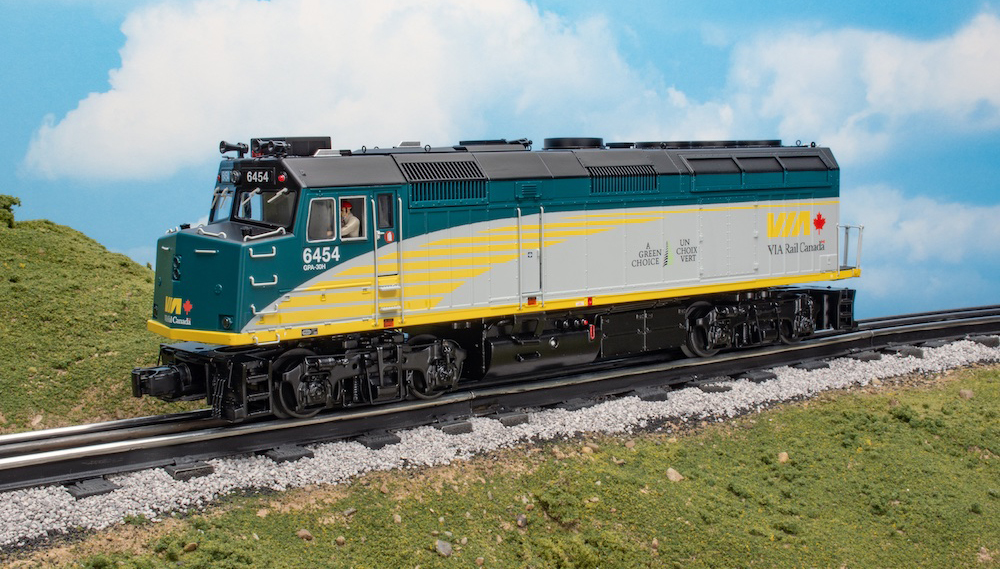
It is a crazy and wonderful O gauge market where a hobby shop can have Atlas O make a custom-run of an MTH locomotive in a contemporary Canadian livery! Well done to all involved in making this happen! Interesting origins After American railroads gave up on passenger traffic and a national passenger network run by […]
Read More…
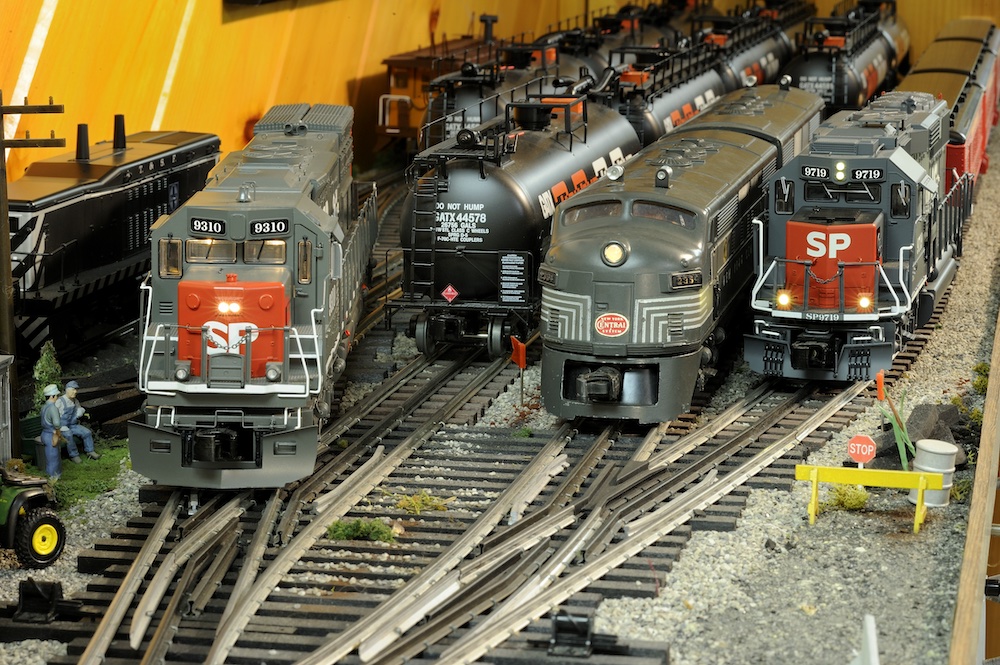
Adding details that make a scene more interesting or increase operating potential can take your layout to a whole new leave of realism. Try one (or all) of the ideas listed below! Share your photos with us at editor@classictoytrains.com. Detail track and add lineside details Adding details to the right-of-way is an easy way to […]
Read More…
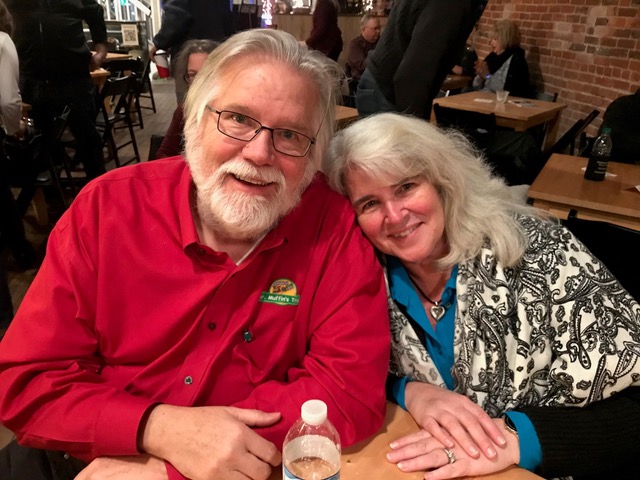
Mr. Muffin’s Trains of Atlanta, Ind., is a family-owned business that literally takes a family to keep the retail company going and growing — both in-store and online. Stephen and Liz Nelson (Mr. and Mrs. Muffins themselves) give us the scoop in this Q&A interview with Trains.com Staff Writer Lucas Iverson. Watch the insightful video […]
Read More…
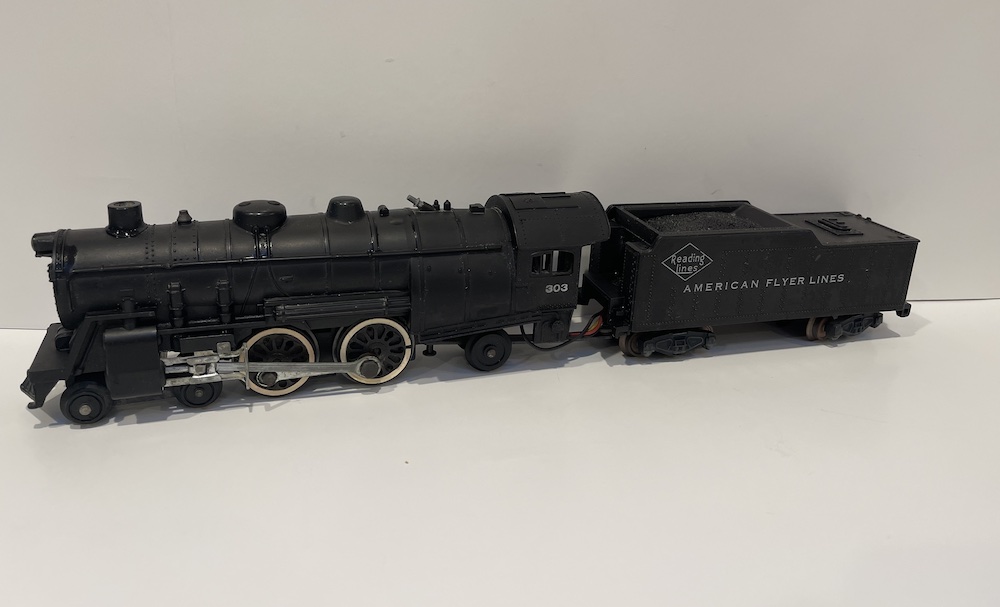
American Flyer’s No. 303 Reading Lines 4-4-2 Atlantic steam engine and tender helped to inspire a young boy growing up near Chicago back in the middle 1950s to first consider how he might make railroading the essence of his career. Kevin Keefe, who would grow up to serve as a distinguished editor for Trains Magazine […]
Read More…

Locomotives, regardless of scale, have always been at the forefront of technological advancements in model railroading. Over the past decade, this trend has accelerated: bringing in innovative features and enhancements that redefine the hobby. Whether they’re seen as trailblazers for the future or as models featuring nothing but “all the bells and whistles,” let’s explore […]
Read More…
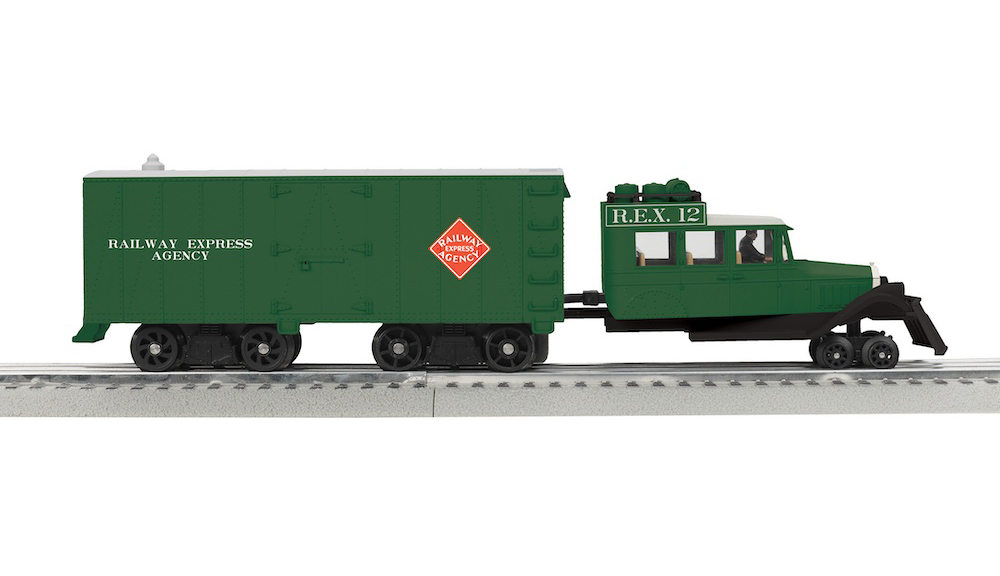
Locomotives & rolling stock E-Z Catch, 5 Tysen St., Staten Island, NY 10301, is selling a custom-run MTH Alco RS1 locomotive as part of the RailKing line (30-21283). The engine features Proto-Sound 3.0 and O-31 operation. Expected delivery in April 2025. Price: $409.85. Website: e-zcatch.com Metropolitan Division of the TCA (METCA) offers a custom-run MTH […]
Read More…
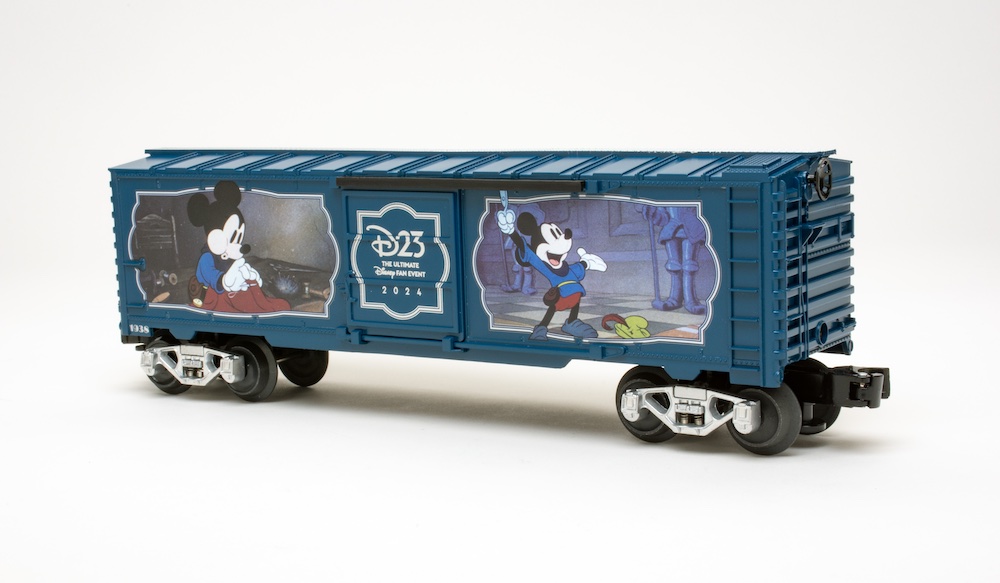
Lionel and Disney have had a relationship since 1934 with the introduction of the No. 1100 Mickey Mouse Handcar. It’s no surprise that former still offers a number of branded products from the latter today. Lionel sent a sample of their Disney D23 Mickey Mouse boxcar (No. 2401561) for review. For anyone [like me] who […]
Read More…











